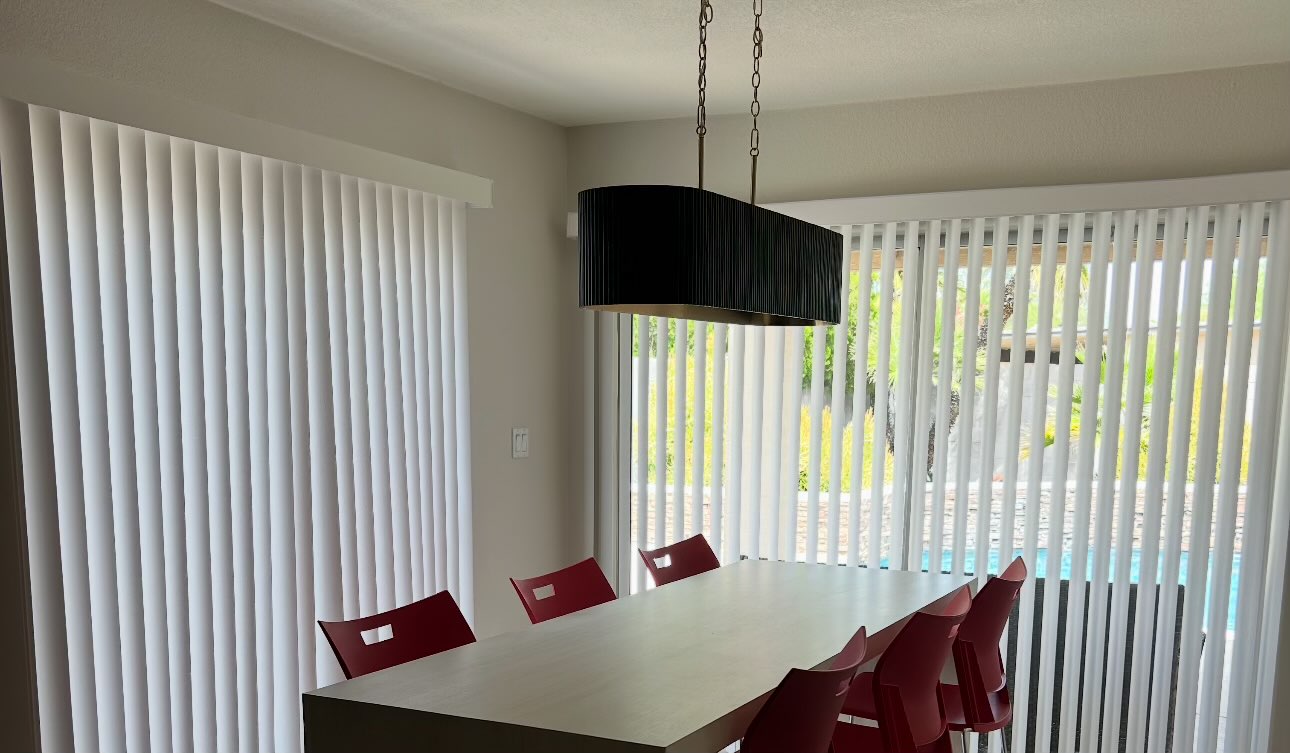
The Placidity Wellness Program
24/7 Care and Support
Men live on-site during their treatment, which allows for constant monitoring and emotional support. This round-the-clock care ensures that individuals are safe and can access help whenever needed, especially during the more challenging moments of recovery.
Therapeutic Services
Men participate in individual therapy, group therapy, and sometimes family therapy (when applicable). These sessions focus on uncovering the root causes of addiction, teaching coping strategies, and helping individuals develop healthier behaviors. Cognitive-behavioral therapy (CBT), dialectical behavior therapy (DBT), and other evidence-based approaches are often used.
Peer Support
Living in a residential setting with other men who are going through similar struggles fosters a sense of camaraderie and support. Group therapy and informal discussions allow participants to share their experiences and learn from one another, creating a strong bond within the community.
Life Skills Training
Recovery is not just about abstinence from drugs and alcohol but also about rebuilding one’s life. Many programs focus on teaching practical life skills, such as job readiness, time management, anger management, and financial responsibility, helping men regain independence and confidence.
Holistic Treatment
In addition to traditional therapies, Placidity Wellness offers holistic treatments such as yoga, meditation, exercise, and nutrition counseling. These approaches support overall well-being and can help individuals heal physically, mentally, and emotionally.
Relapse Prevention
A key part of residential treatment is preparing men for life after treatment. Programs focus on equipping individuals with tools and strategies to prevent relapse, build resilience, and integrate sober living into their everyday lives.
Aftercare and Alumni Support
Successful recovery is often ongoing. Placidity Wellness offers support groups, or alumni networks, helping men stay connected and continue their healing process after they leave the facility.
Treatment
Begins with a thorough assessment, where professionals evaluate the individual’s medical history, substance use patterns, and mental health status. This assessment helps create a personalized treatment plan that includes therapy, counseling, and other forms of support.

 Crisis
Crisis